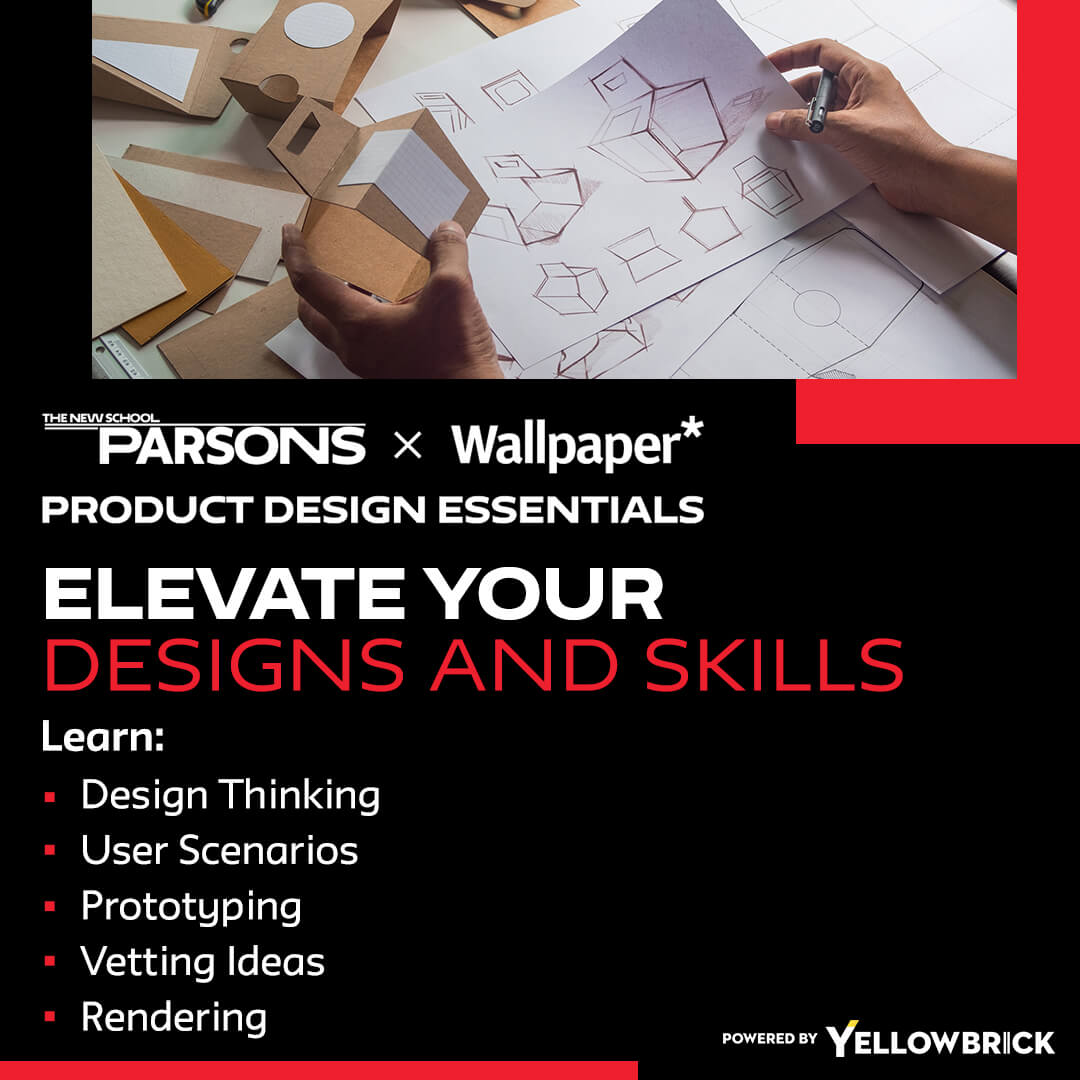The field of UX design offers a diverse range of opportunities for individuals with a passion for creating user-centric digital experiences. As technology continues to advance, the demand for skilled UX designers is on the rise. In this article, we will explore the top 10 jobs in the UX design career field, the skills required to excel in these roles, and how you can kickstart your journey towards a successful career in UX design.
1. UX Designer
UX designers are responsible for creating intuitive and user-friendly digital experiences. They conduct user research, design wireframes and prototypes, and collaborate with cross-functional teams to ensure that the final product meets user needs and business goals. A strong understanding of user psychology, interaction design principles, and usability testing is essential for success in this role.
2. UI Designer
UI designers focus on the visual aspects of digital products, including layout, typography, and color schemes. They work closely with UX designers to create aesthetically pleasing interfaces that enhance the overall user experience. Proficiency in design tools such as Adobe XD, Sketch, or Figma is crucial for UI designers to bring their creative vision to life.
3. UX Researcher
UX researchers play a vital role in understanding user behaviors, needs, and motivations. They conduct qualitative and quantitative research studies, analyze data, and generate insights to inform design decisions. Strong analytical skills, empathy for users, and the ability to communicate research findings effectively are key attributes of successful UX researchers.
4. Interaction Designer
Interaction designers focus on designing the interactive elements of digital products, such as animations, transitions, and micro-interactions. They collaborate with UX and UI designers to create engaging user experiences that delight and engage users. Proficiency in prototyping tools like InVision or Principle is essential for interaction designers to bring their designs to life.
5. Information Architect
Information architects are responsible for organizing and structuring content in a way that is logical and intuitive for users to navigate. They create site maps, user flows, and taxonomies to ensure that information is easily accessible and understandable. Strong problem-solving skills, attention to detail, and a deep understanding of information design principles are essential for information architects.
6. UX Writer
UX writers craft clear and concise copy that guides users through digital experiences. They collaborate with designers and researchers to ensure that the language used in the product resonates with the target audience. Strong writing skills, an understanding of user personas, and the ability to simplify complex information are key attributes of successful UX writers.
7. Usability Analyst
Usability analysts evaluate the usability of digital products through usability testing, heuristic evaluations, and user feedback analysis. They identify pain points in the user experience and provide recommendations for improvement. Strong analytical skills, attention to detail, and a passion for continuous improvement are essential for usability analysts.
8. Accessibility Specialist
Accessibility specialists focus on ensuring that digital products are inclusive and accessible to users with disabilities. They conduct accessibility audits, provide recommendations for compliance with accessibility standards, and advocate for inclusive design practices. Knowledge of WCAG guidelines, empathy for diverse user needs, and a commitment to creating accessible digital experiences are critical for accessibility specialists.
9. UX Strategist
UX strategists develop holistic strategies that align user needs with business objectives. They conduct market research, define user personas, and create user journey maps to inform product development. Strong strategic thinking, data analysis skills, and the ability to translate insights into actionable recommendations are key attributes of successful UX strategists.
10. UX Manager
UX managers oversee UX design teams, set design standards, and ensure that projects are delivered on time and within budget. They collaborate with stakeholders to align UX strategies with business goals and drive a culture of user-centric design within the organization. Strong leadership skills, project management expertise, and a passion for mentoring and developing team members are essential for UX managers.
Conclusion
In the competitive field of UX design, acquiring the necessary skills and experience is crucial for career advancement. Whether you are just starting your journey in UX design or looking to take your career to the next level, investing in your professional development is key to success.
Key Takeaways:
- UX design offers a wide range of career paths focused on improving digital experiences for users.
- Core roles in UX include UX designer, UI designer, researcher, and strategist, each with distinct responsibilities.
- Critical skills across the field include user research, wireframing, interaction design, usability testing, and accessibility.
- Specialized roles like UX writer and accessibility specialist emphasize inclusive, clear, and user-centered communication.
- Leadership roles such as UX manager and strategist require strategic thinking, team management, and aligning UX with business goals.
- Success in UX design relies on continuous learning, empathy for users, collaboration, and strong communication skills.
- Tools like Figma, Sketch, InVision, and knowledge of standards (e.g., WCAG) are important for effective UX execution.
- A strong portfolio and real-world experience through internships or projects help kickstart a UX career.
Consider exploring Parsons Product Design Essentials online course and certificate program by Yellowbrick to gain valuable insights, hands-on experience, and industry-recognized credentials. These programs can set you apart in the job market and help you thrive in the dynamic field of UX design.








